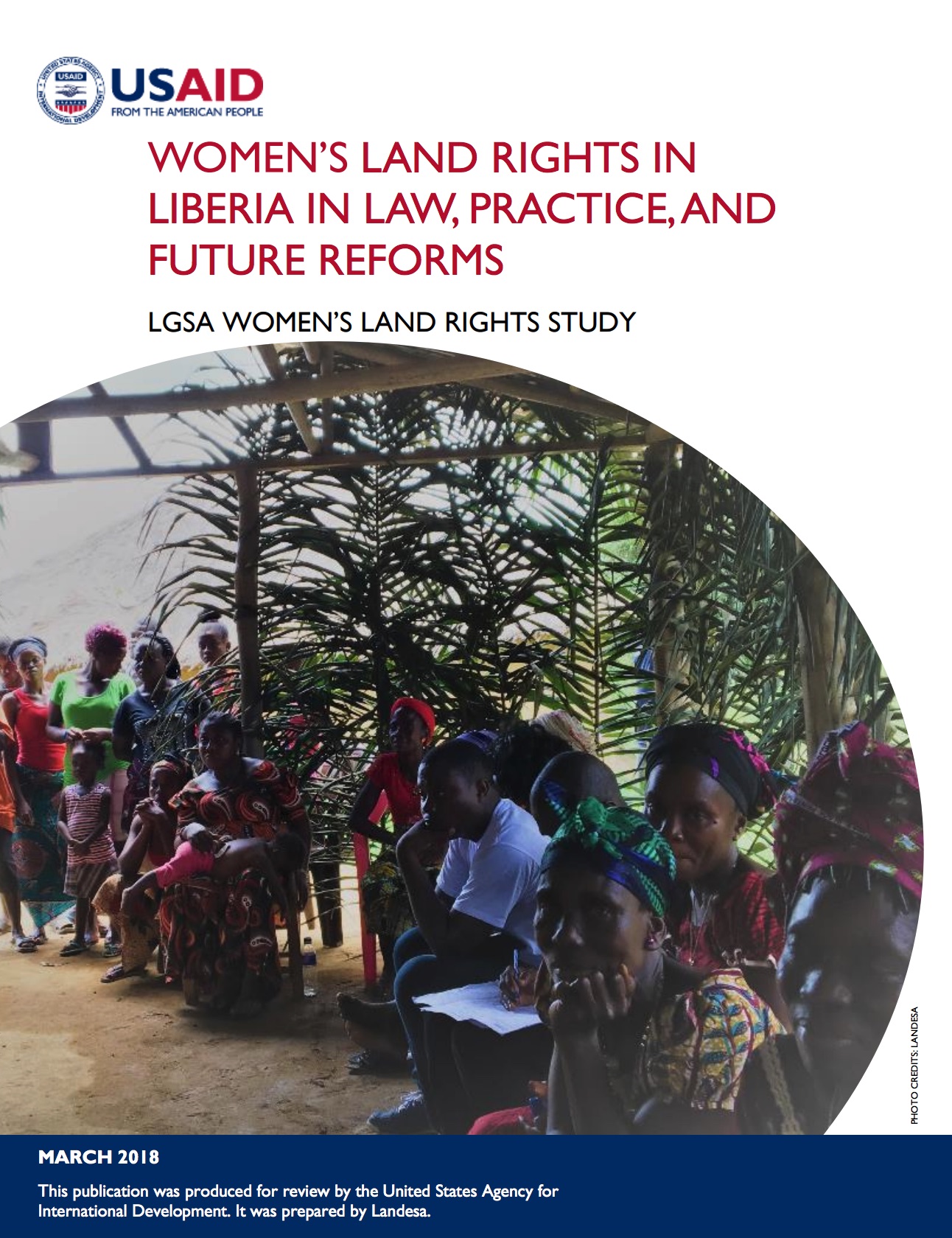Forest Management in Myanmar
Development of Forest Management: Management, Reservation, RegenerationWorking Plans, System of Management, Importance of Inventories in Forest Management, Plantations, Past Productions, Future Yield. Effect of Forest Management: Discussions, Conclusion, References. Discussion: Teak yield reduction in Myanmar is due to over exploitation especially in the accessible areas. This can be recovered by providing rest period and proper silvicultural operation. It is to be noted that plantation yields can be very high quantitatively and economically.



